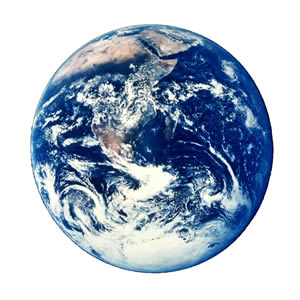By Bill Bowman
In a decade, it is probable that everybody will know where everybody is. Geolocation is making this possible.

Currently, people can voluntarily share their location with others via Gowalla, Fourquare, facebook and other GPS-based social platforms. It amounts to a game of sorts. Friends check in around the city and earn titles and badges to show their adventurousness. Of course, behind the façade of play there is a tangible advertising, marketing and journalistic aspect to this game that can be tapped into.
Both news and marketing companies can know where you go and how to market to you and potentially have a new avenue to sources and information.
Looking to the future, Geolocation technologies could bring about a number of things. In Minority Report and other Sci-Fi movies people where tracked via their retinas. The cell phone will replace the retina in these dystrophic futures. Here are a few possible consquences of Geolocation for media and journalism.
- Tailoring billboards and physical signs to the desires of those who frequent that area.
- Journalists will be able to track the movement of people to spot trends.
- Law Enforcement will be able to know where people are and use that to pinpoint people during crimes.
- Google Goggles times a thousand. The augmented reality seen in Google Goggles and other graphic overlays of cell phone cameras will become more and more sophisticated. Simply looking at an object will reveal details about. In the near future, pointing the camera to a face could bring up a facebook profile or Google search of that person.
- Pop up news based on location. If a person is near a breaking news event, a notification could be sent to their phone.
- On the other side. If an event happens, journalists could potentially have a list of people in a certain area who opt into a hypothetical program, like iReport. They could report for a news outlet.
No comments:
Post a Comment